Military historian Lachlan Grant explains why D-Day matters to Australia
D-DAY happened a world away from Australia’s struggle against Japan — but if it had failed, as top brass secretly feared, we would have been alone. This is why June 6 matters.
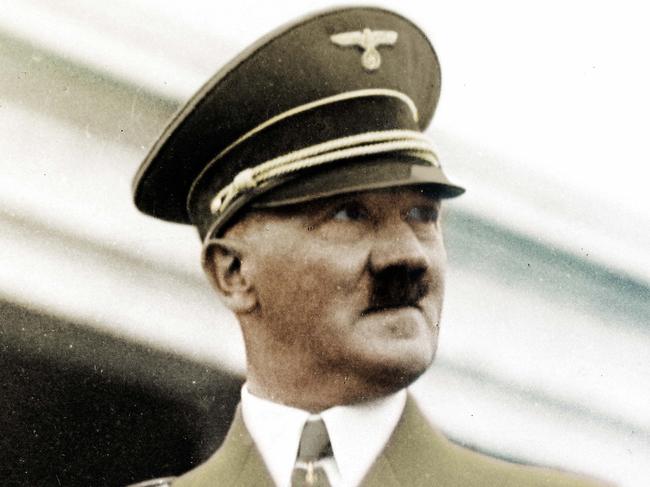
National
Don't miss out on the headlines from National. Followed categories will be added to My News.
Australia would have been isolated in a hostile world if D-Day had failed, a leading military historian says.
As the world prepares to commemorate the operation that would eventually see the Nazis pushed out of Western Europe, the Australian War Memorial’s Dr Lachlan Grant pointed out we have many reasons to dwell on it — despite being a world away from Australia’s struggle against Japan, which features more prominently in our national story.
Had the June 6 landings been defeated — which top brass believed at the time could well happen — our key ally Britain would not have recovered militarily and the US would have been hit hard; leaving Australia, as “one of very few liberal democracies in the world left standing.”
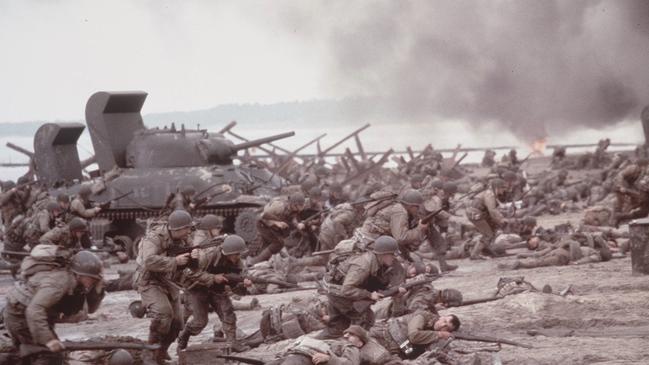
“This is what most of the world enjoys today,” Dr Grant said. “That is very much what the war was about.”
Europe would have remained under the Nazis, with the only (slim) hope of “liberation” from Stalin’s brutal Soviet Union. And Japan could have been emboldened.
OUR D-DAY HEROES: Untold Aussie stories from the landings
FOES NOW FRIENDS: Germans welcomed at commemorations
“The world would have been very different,” said Dr Grant. “We were very much part of the British Empire so if Britain had lost, we would have been very much alone ourselves.”
Allied Supreme Commander and later US President Dwight Eisenhower was well aware the landing force could be thrown back into the sea by the Germans, and had even written a secret note accepting full responsibility should that happen.
That is why for all those fighting on June 6, it was a truly desperate day.
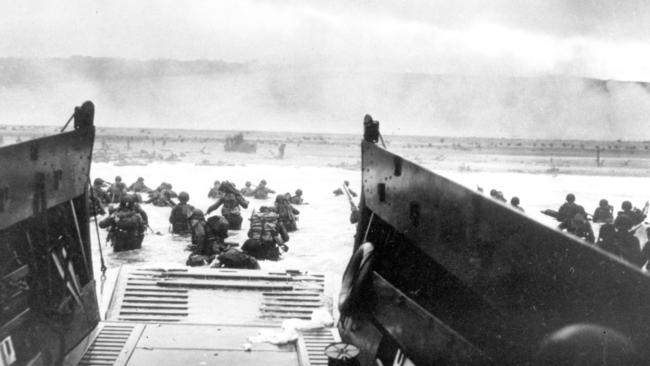
Dr Grant said Australians played a greater role — and suffered more — than many realise on and after D-Day.
Among the 170,000 soldiers, 8,000 bomber and fighter crews, and 5,300-vessel invasion armada on June 6 were 3,300 Aussies, the majority air crews or seconded to Royal Navy ships, with a handful of infantry attached to Commonwealth units.
The first of 13 Australians killed on the day itself was sub-lieutenant Richard Pirrie — a former Hawthorn footy talent seconded to the Royal Navy — whose landing craft was hit by enemy fire.
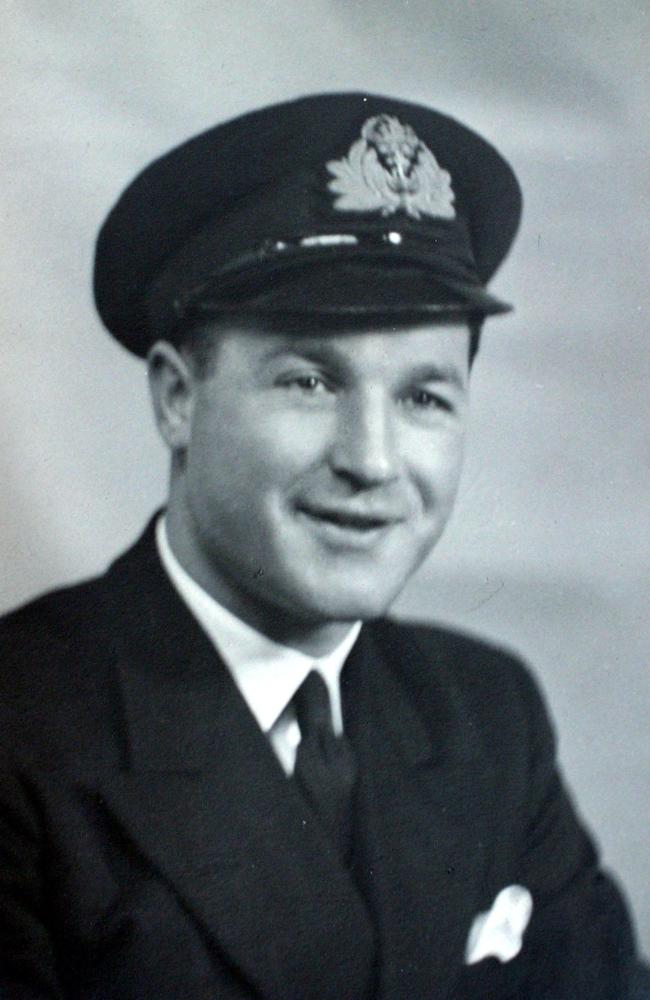
The numbers involved — and the casualty rate — increased as the battle moved inland. With 12,400 RAAF crew stationed in the UK by mid-1944 — and thousands more serving through the RAF — it was in the air that Australia suffered the worst.
“June ’44 is the worst month for casualties in the RAAF’s history,” said Dr Grant.
Across all arms, from April to August 1944, 1,117 Australians died in operations to liberate France. In WW2, the same number of Australians died fighting Germany and fascist Italy across Europe as in Asia against the Japanese — more than 9,000 in each case.
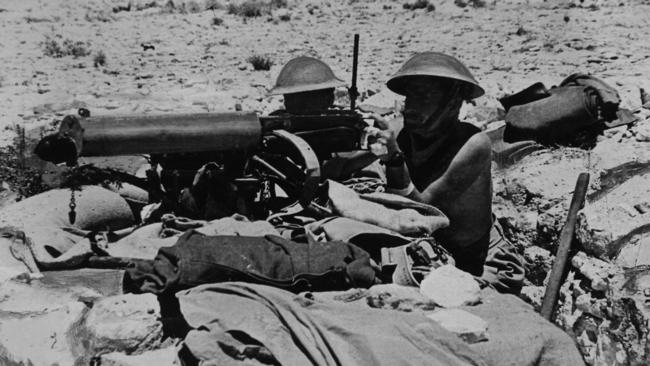
Australia joined the conflict by declaring war on Germany, not simply due to its ties with Britain and empire but because, in the words of Prime Minister Robert Menzies, if Hitler’s aggression went unchecked “there could be no just peace for the world”.
That is why we remember June 6, 1944.


